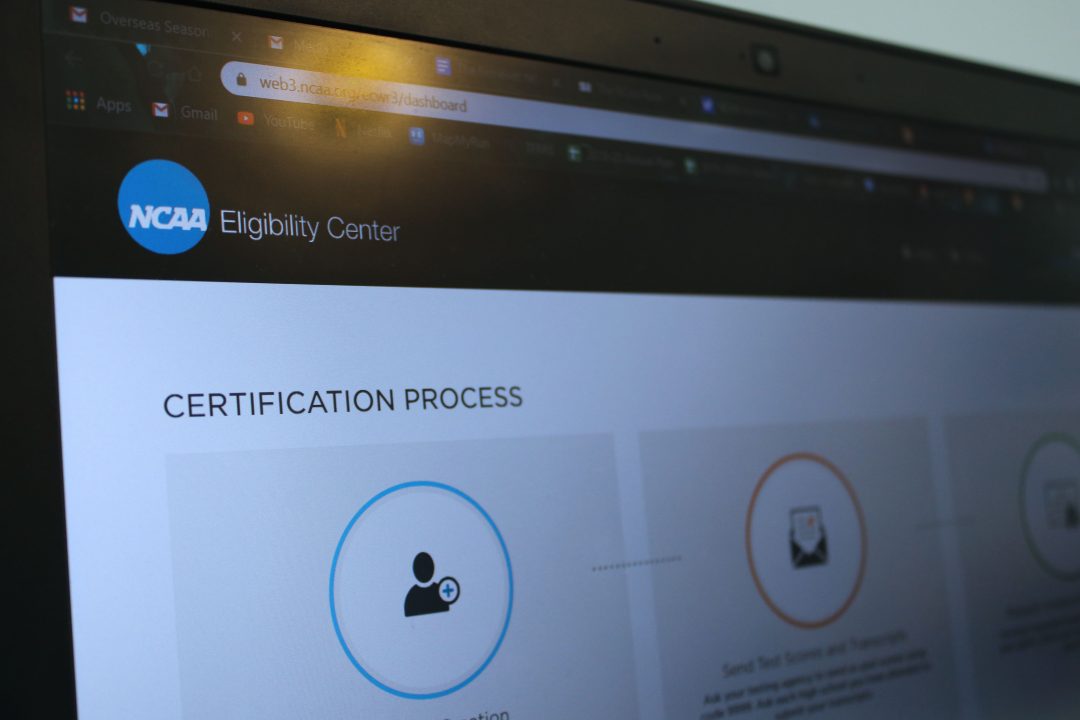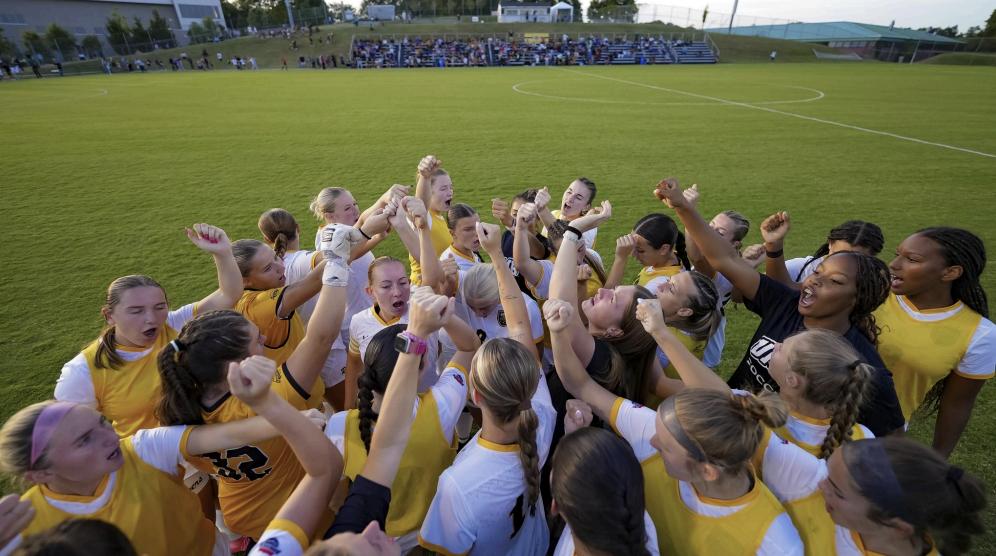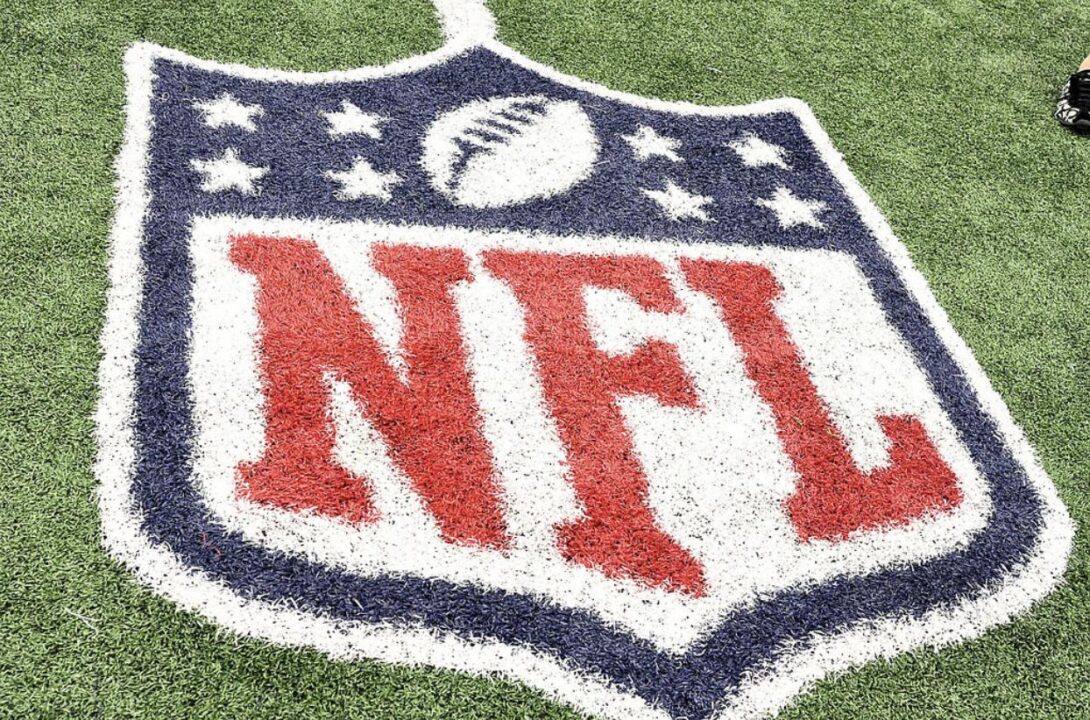The National Collegiate Athletic Association (NCAA) Division I Council, the DI decision-making council composed of administrative representatives from all DI conferences, voted on March 30 to give eligibility relief to all spring student athletes whose seasons were canceled due to the COVID-19 outbreak. For the University of Maryland, Baltimore County’s (UMBC) baseball, softball, men and women’s lacrosse, and track and field athletes, the vote means the possibility of returning to compete for an additional year.
The NCAA normally gives student athletes five years to complete four seasons in each competitive season (i.e the fall, winter and spring). For spring student athletes, that means they have five years in college to compete in four spring seasons. However, this vote gives student athletes an additional year to complete those four seasons. This is particularly important to spring student athletes that have already used up their five years of NCAA eligibility but have not competed in four spring seasons.
Many winter student athletes that did not complete their championship seasons were also hoping for eligibility relief but did not receive it.
In a letter to the council, a committee of student athlete representatives from the Student Athlete Advisory Committee (SAAC) in the Power 5 conferences (Atlantic Coast Conference, Pac-12, Big 10, Big 12, Southeastern Conference) recommended “that eligibility relief be given to all athletes in spring sports, as well as to athletes in winter sports that qualified for post-season, and were unable to complete the entirety of their season.”
America East’s DI Council representative and Athletic Director for Stony Brook University, Shawn Heilbron stated that he took the student athletes’ letter into great consideration when voting. However, in the end, he believed it best to only give spring student athletes eligibility relief.
“Winter student athletes did not meet existing legislative criteria for waivers,” Heilbron said.
Swimming and diving is one of the winter sports whose NCAA Championships were cancelled. Sophomore UMBC swimmer Madeleine Songer wishes the DI Council had voted to give eligibility back to winter student athletes.
“Sponsorship is rather hard to come by in swimming, so a lot of current seniors relied on the training from NCAA teams to prepare them for this Olympic cycle,” Songer said. “Now with the Olympics being pushed back for an entire year, it is looking like some athletes will not have the support they depended on having from college swimming to be able to train. It will be difficult for them to continue training when they may now have to find a job to support themselves.”
In addition to eligibility relief, the vote increased the NCAA scholarship limit for the 2020-2021 school year. All NCAA DI sports have a limit to how many scholarships it can offer student athletes, or how many “counters” a team can have. For instance, the NCAA scholarship limit for baseball is 27 counters. The vote increases this limit for all spring sports to account for returning student athletes on athletic scholarships.
However, this increased limit does not mean that all returning student athletes will get their prior athletic scholarships. While the NCAA upped the limit, it is still up to the individual universities to finance their student athletes’ scholarships.
Michelle Hosick, the NCAA’s Associate Director of Communications, explained that the council’s vote did lift restrictions on universities’ use of the Student Assistance Fund for scholarship funding. This fund is normally used for educational purposes and basic needs such as clothing. While opening this fund to athletic scholarships helps schools, it is up to the individual DI conferences if it can be used for athletics.
For many universities, finding room in their annual budget to maintain these scholarships even with the NCAA’s help will prove difficult.
Brian Barrio, UMBC’s Athletic Director, explained that the current unprecedented health crisis will greatly affect UMBC’s athletic budget for the 2020-2021 school year. Barrio expects UMBC’s funding from the NCAA to be 700,000 dollars short. Barrio also assumes UMBC and UMBC Athletics will have less money from Maryland’s state government due to the pandemic’s impact on the state’s tax revenue.
Refunding UMBC students’ athletic fees was also a big hit to the Athletic Department’s annual revenue. Despite the tough position it puts UMBC Athletics in, Barrio fully supports the refund and believes the Athletic Department will find another means of maintaining the standard of UMBC Athletics.
“Nobody in our department is panicking. We’re taking it one day at a time,” Barrio said. “In every crisis is an opportunity.”


